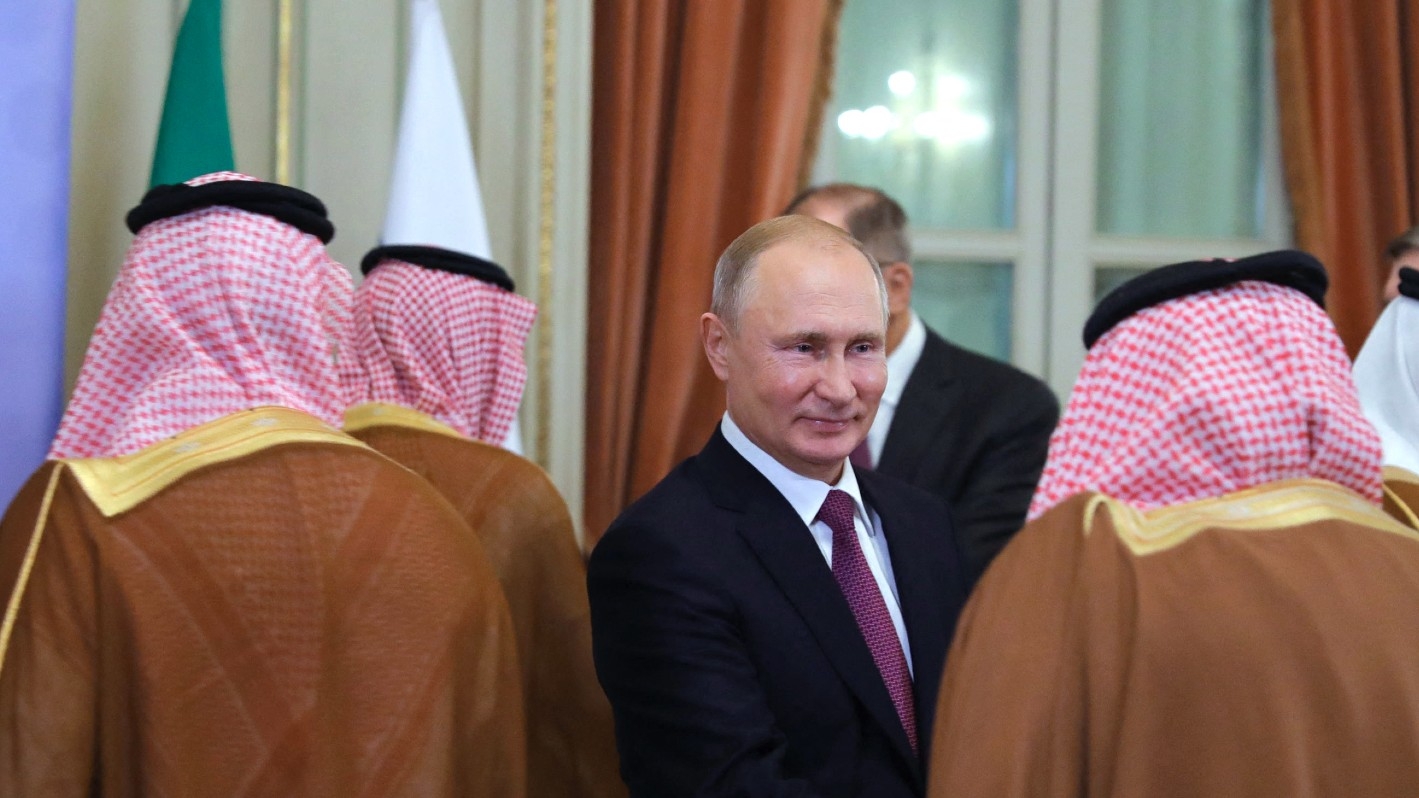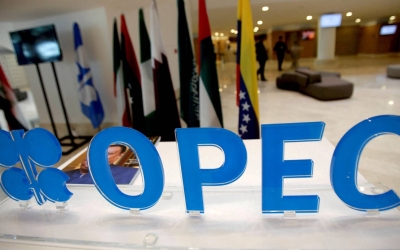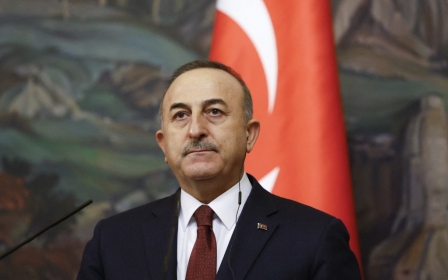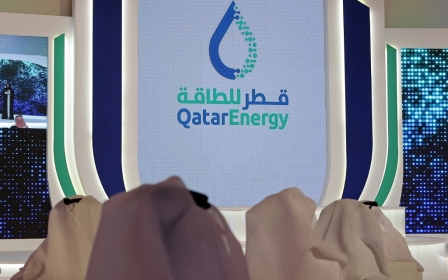US-GCC ties in 'rough patch' after Gulf states rebuff calls to isolate Russia, experts say

Despite outrage in Western capitals over Russia's invasion of Ukraine, many countries, including some important US allies and partners in the Middle East, have been reluctant to confront Russia or support economic sanctions against Moscow.
The United Arab Emirates and Saudi Arabia appear to have prioritised relations with Moscow by rebuffing American pleas for increased oil supplies to soothe energy markets.
For months, US President Joe Biden and his administration have been trying to convince the two Gulf countries in particular to boost production, but both nations have rejected Washington's overtures.
Saudi Arabia and the UAE say they remain committed to an Opec+ deal, declining to go beyond a plan agreed last year to month-on-month increases in production by 400,000 barrels a day.
The UAE also appeared to underline the independence of its foreign policy when it abstained from a vote at the United Nations Security Council that condemned Russia for its invasion.
'They know that we are good allies of the United States, we are good friends, why are they disengaging with us?'
- Mahjoob Zweiri, Qatar University
Just a little over a year ago, the UAE's relationship with the US was as strong as it had ever been. Under former President Donald Trump, the UAE had signed the US-brokered agreement to normalise ties with Israel, a landmark move for Abu Dhabi that reversed a long-standing position against normalisation with Israel in the Arab world.
Soon after, the US announced a massive $23bn weapons deal that should see the UAE receive the coveted F-35 advanced fighter jet. Israel is, as yet, the only country in the region to have obtained the jets.
But in recent months, the UAE has signalled unease over what it perceives as Washington's declining commitment to the security of US partners in the region.
The Wall Street Journal reported that Saudi Crown Prince Mohammed bin Salman (MBS) and Abu Dhabi's Crown Prince Mohammed bin Zayed (MBZ) had repeatedly snubbed calls with Biden.
"We are in the current moment of considerable acute friction with several of the countries in the Gulf," Ellen Laipson, director of the International Security Program at George Mason University's Schar School of Policy and Government, said during a panel hosted by the Wilson Center on Wednesday.
"It derives largely from the kind of intense demands that the Western countries are making around the world that everybody participate in the isolation of Russia - because of Ukraine. And in some Gulf countries that has not gone over well."
Serious doubts about US engagement
One reason for the Gulf nations working towards their own foreign policy agendas is Washington's perceived shift in attention away from the region.
During Wednesday's panel, as well as on previous occasions, experts have frequently noted that the US will likely remain the region's partner-of-choice when it comes to military and security issues.
However, many countries have taken notice of US withdrawals from the region - in Afghanistan, Iraq and Syria - and have shown concern that Washington is no longer willing to provide the same level of support it has for the past several decades.
While the Pentagon will continue to maintain a major presence in the region, the National Director of Intelligence's report on global security threats focused largely on Russia and China, with a limited focus on the Middle East.
"There are serious doubts about the disengagement of the United States," Mahjoob Zweiri, director of the Gulf Studies Center at Qatar University, said during Wednesday's panel.
"There are serious doubts about why the United States is doing this. They know that we are good allies of the United States, we are good friends, why are they disengaging with us?"
As a result, "we see the region taking more ownership and agency of its own security agenda", Laipson said, particularly noting how Saudi Arabia, the UAE, and Qatar had been dealing with Iran.
Saudi Arabia and Iran have been holding a series of talks aimed at easing tensions between the regional rivals. Those talks, however, have reportedly been suspended.
Meanwhile, Qatar, which has comparatively friendly relations with Iran, recently hosted a defence exhibition that included Iranian weapons makers, as well as US manufacturers.
"The countries in the Gulf, the UAE and even the Saudis and Qatar are more receptive to rethinking how they are going to manage their relationship with Iran - for all of its dangers and uncertainties. They are not passive players waiting for Washington to manage this problem for them," Laipson said.
UAE's 'testy, sour relations' with Biden
Among the countries in the Gulf Cooperation Council, the UAE has had the most dynamic change in its relation with Washington over the past several years.
Under the administration of President Donald Trump, Abu Dhabi led the way with the US-brokered normalisation agreements with Israel, breaking from the historical consensus among Arab countries.
'We are actually at a point of somewhat testy and sour relations with Washington'
- Ellen Laipson, George Mason University
Trump then pushed through the weapons deal that included sending the F-35 jets to Abu Dhabi.
However, under Biden, that deal has been put on pause amid tensions over the UAE's relations with China.
And the Gulf emirate has also been more outwardly pushing to normalise ties with Syrian President Bashar al-Assad. The US State Department said was it "profoundly disappointed" in the warming relationship.
Even the UAE's ambassador to the US, Yousef al-Otaiba, has admitted that the relations between the two countries are going through a "stress test".
"We are actually at a point of somewhat testy and sour relations with Washington," Laipson said.
"Some would attribute [that] to the fact of the Biden administration being in power, but I think it does represent some of these trends that are playing out some slowly, some quickly, that show that the security landscape in this region is actually quite dynamic and multifaceted," said Ellen.
Middle East Eye propose une couverture et une analyse indépendantes et incomparables du Moyen-Orient, de l’Afrique du Nord et d’autres régions du monde. Pour en savoir plus sur la reprise de ce contenu et les frais qui s’appliquent, veuillez remplir ce formulaire [en anglais]. Pour en savoir plus sur MEE, cliquez ici [en anglais].





